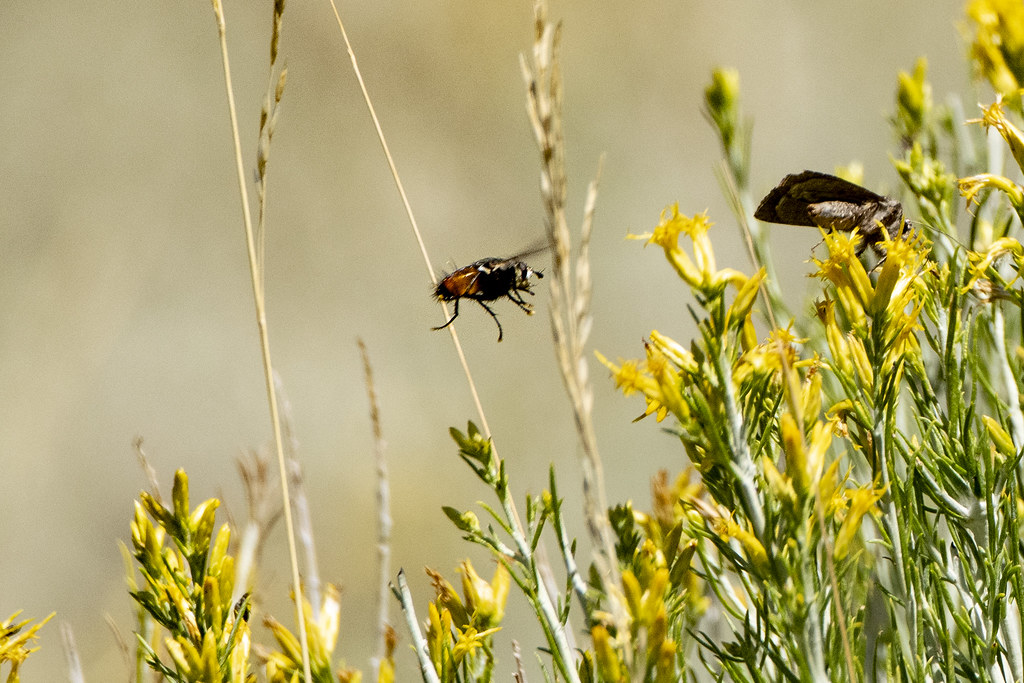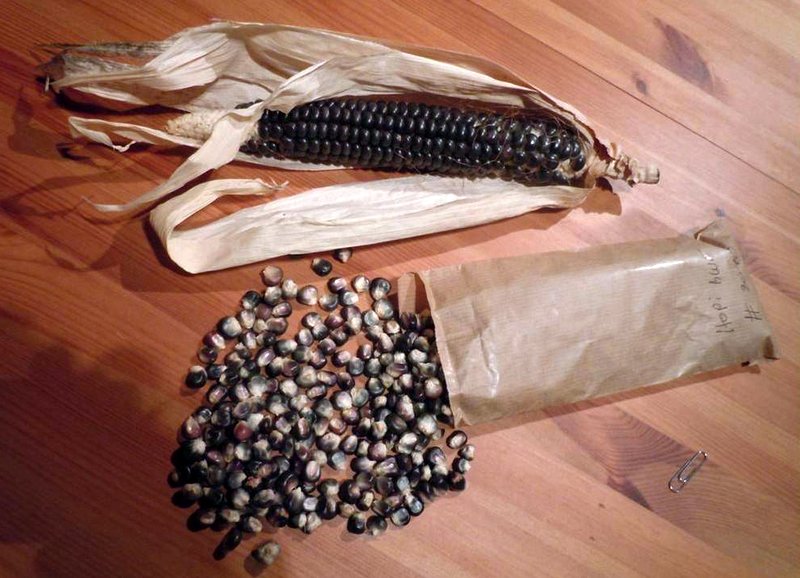About
Providing innovative adaptations for drought in the west
What is the COVID Toolkit?
The COVID-19 Rapid Response Toolkit for Tribal Extension Agents provides remotely accessible resources for agricultural professionals and tribal communities in the West to respond effectively to issues including drought, pollution, and invasive species while adapting to the challenges posed by COVID-19.
How it works
COVID Toolkit funding provides ruggedized laptops and tablets for use in the field by extension agents and agricultural professionals. Localized data including photos and geographic information collected through these devices can be submitted through this website. This information, along with with environmental data from sources such as the US Drought Monitor, is housed in an interactive map-based clearinghouse to help farmers and ranchers better understand local conditions.
This toolkit also includes a collection of resources, including downloadable factsheets, webinars, and useful websites which provide information and training on subjects including recognizing invasive species and collecting soil samples. Additionally the COVID CARE working group provides a forum to identify and discuss tribal agricultural issues.
Who’s involved?
The project is directed by Maureen McCarthy of the Desert Research Institute with support from co-PDs Alexandra Lutz (DRI), Kyle Bocinsky (Montana Climate Office), Trent Teegerstrom (UA Extension), and Staci Emm (UNR Extension). Consultations and feedback from extension agents, tribal agricultural producers, and community members will aid in the continued development of the toolkit.
Resources provided by the COVID Toolkit are intended for use by FRTEP (Federally Recognized Tribal Extension Program) agents working in western tribal communities. However, these resources will be useful for all tribal agricultural producers, communities, and extension agents through the West, and the project hopes to increase collaboration with 1994 Land-Grant extensions (Tribal Colleges and Universities).
Why is this important?
Providing remotely accessible solutions to agricultural problems has always been a challenge in rural communities but has become a major priority during COVID-19. Tribal communities were disproportionately impacted by the pandemic due to lack of infrastructure and resources, as well as high numbers of vulnerable individuals. Pandemic-related health restrictions meant that extension agents couldn’t provide in-person assistance to farmers and ranchers who needed it, sparking a demand for more virtually accessible resources.
In addition to COVID-19, western communities are facing unprecedented environmental challenges. The region is currently experiencing a “mega-drought”, with 2021 forecasted to be even worse than previous years. Contaminants in ground and surface water make access to clean water sources even more difficult. Resources to address these issues are more urgently needed than ever.
Priorities for Tribal Commnities & Agricultural Professionals
Drought Resilience
Drought is a major issue in the West and obtaining clean water is important not just for agriculture but also for health and safety. The Toolkit includes information and resources on water management, drought mitigation techniques, and testing and contaminants.

Food Sovereignty
Especially in rural areas, obtaining healthy and affordable food can be a challenge. The COVID Toolkit provides support and resources for food production for everyone from agricultural professionals to home and community gardeners.
Conservation and Environmental Management
In addition to challenges posed by drought and climate change, farmers and ranchers often have to deal with declining pollinator populations and rising numbers of pests, invasive species, and noxious weeds. The Toolkit provides identification guides for harmful or nuisance species and advice on creating habitats for beneficial species.


